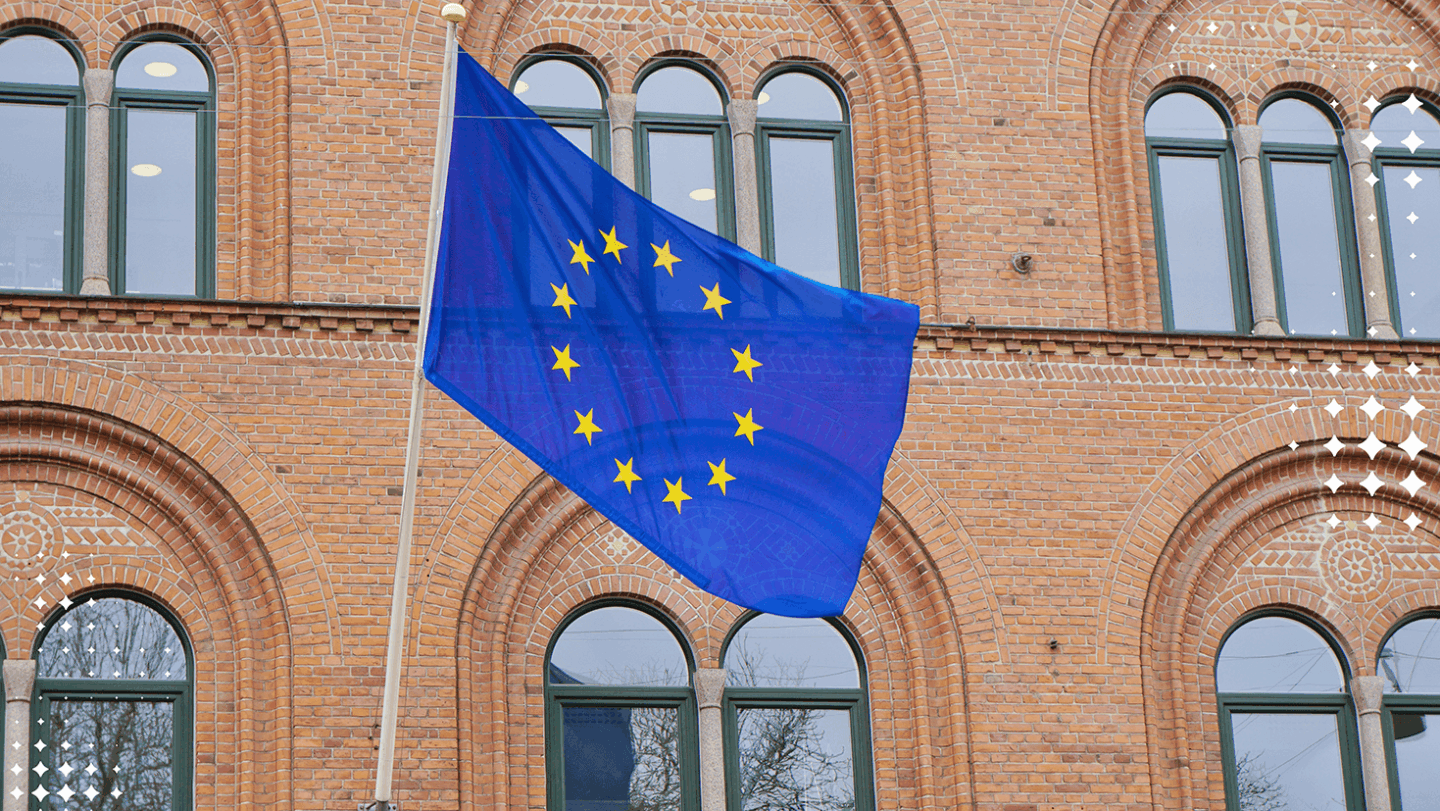New EU AI Act: Shaping Tomorrow’s AI Landscape Today
- IP & Trademarks

IP Expert Luisa Grillo discusses the recent endorsement by the European Parliament to harmonise rules for the development, placement and use of Artificial Intelligence (AI) in the European Union (EU) to ensure a human-centric and ethical development of AI in Europe.
What is the EU AI Act and Where Does It Stand?
The EU AI Act is poised to become the world’s first comprehensive legal framework governing artificial intelligence. Proposed by the European Commission in April 2021, the initial approach was approved by the European Council last year, and the European Parliament recently gave its endorsement back in mid-June.
The next step involves negotiations among the three entities in a process known as “trilogue,” where final specifics will be fine-tuned before the policy becomes law. Once an agreement is reached, this legislation could become enforceable within the next few years.
A preliminary version of the Act has already been drafted by lawmakers, which will now be discussed with the Council of the European Union and EU member states before it becomes legally binding.
What Prompted the Need for the EU AI Act?
Just a few months ago, a group of prominent AI scientists and researchers expressed concerns about the potential existential threats posed by the technology, prompting influential figures like Microsoft’s President, Brad Smith and OpenAI’s CEO, Sam Altman to call for more robust regulations.

In response to these developments, the EU AI Act aims to “promote the adoption of AI that is centred on humans and trustworthiness, ensuring a strong safeguarding of health, safety, basic rights, democracy, rule of law, and the environment against detrimental consequences“.
What are the key insights and implications if the Act is approved?
As the EU AI Act draws closer to realisation, we take a deeper look at the details, shedding light on who it affects, what it prohibits, and how it promotes transparency and accountability:
Key insights if the Act is approved
- Scope of Application: Once approved, the Act will apply to both individuals and entities involved in creating and implementing AI systems within the EU, even extending to entities located beyond the EU borders as well.
- Risk Assessment: The degree of control exerted will depend heavily on the potential hazards linked to a particular application, ranging from “negligible” to “unacceptable.” Systems falling within the latter category will be outright prohibited, including real-time facial recognition in public spaces, predictive policing tools, and social scoring systems like those in China, which assign a “health score” based on behaviour. The legislation also imposes strict constraints on “high-risk” AI applications, defined as those that pose a substantial threat to health, safety, fundamental rights, or the environment. This includes systems used to influence election outcomes and social media platforms with over 45 million users that recommend content to their users, encompassing platforms like Facebook, Twitter, and Instagram.
- Transparency Mandate: The Act also mandates transparency for AI systems. For instance, systems like ChatGPT would be obliged to disclose that their content is AI-generated, distinguish deep-fakes from authentic content, and incorporate safeguards against generating illegal material. Detailed summaries of the copyrighted data utilised in training these AI systems will also need to be disclosed.
- Exemptions :AI systems with minimal or no risk, such as spam filters, will generally fall outside the scope of these regulations.
- Penalties: Engaging in prohibited AI practices could lead to penalties of up to €40 million ($43 million) or an amount equivalent to 7% of a company’s global annual revenue, whichever is greater. This surpasses Europe’s notable data privacy regulation, the General Data Protection Regulation (GDPR), which recently resulted in a €1.2 billion ($1.3 billion) fine for Meta (formerly Facebook). Simultaneously, the penalties would be “appropriate” and consider the market position of smaller providers, suggesting potential leniency for startups.
- Regulatory Sandbox: The Act also mandates EU member states to establish at least one regulatory “sandbox” for testing AI systems prior to deployment.
- Citizen Empowerment: The Act also empowers citizens to file grievances against AI system providers and introduces the establishment of an EU AI Office to oversee enforcement of the legislation. It further obligates member states to designate national supervisory authorities for AI.
What Does the EU AI Act Symbolise for the Future of AI?
With its emphasis on human-centric AI and the preservation of democratic values, the EU AI Act stands as a testament to the union’s commitment to ensuring that AI contributes positively to society’s progress. As the “trilogue” negotiations unfold and the Act transitions from policy to enforceable law, its true impact will become clearer, shaping the future of AI regulation and setting a path for other nations to follow.
In essence, the EU AI Act is not just a legal framework; it’s a bold declaration that AI’s potential must be harnessed responsibly and ethically, guiding humanity towards a future where innovation thrives within the bounds of societal well-being and integrity.
Image credits
Cash Macanaya on Unsplash
Steve Johnson on Unsplash



